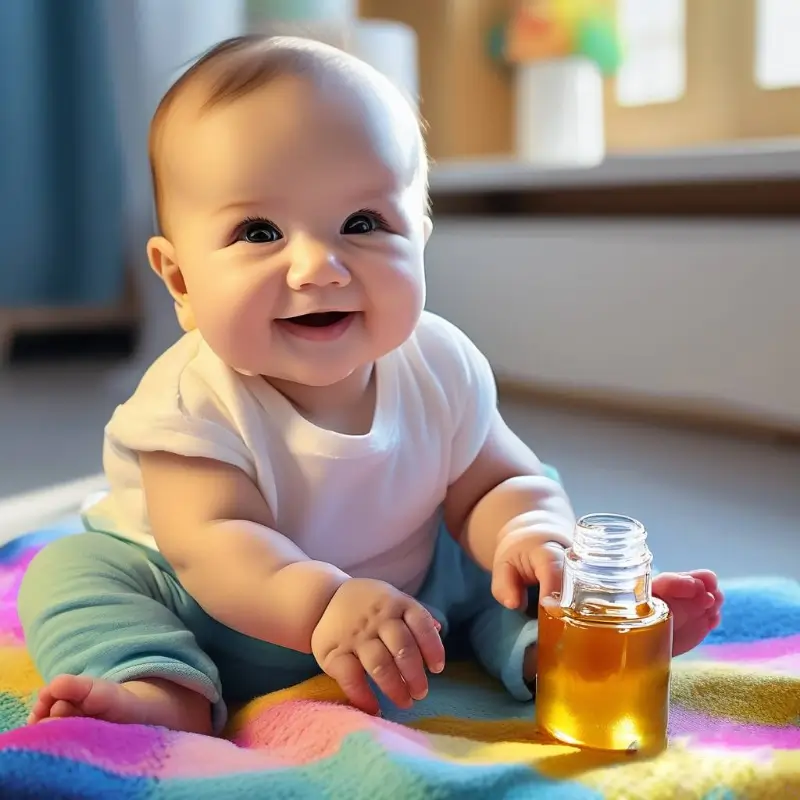why can’t babies eat honey?
Babies younger than one year old shouldn’t eat honey because of the risk of botulism. Honey can contain spores of Clostridium botulinum, a bacterium that produces a potent neurotoxin. Although these spores are harmless to adults and older children with fully developed digestive systems, they can pose a serious threat to infants.
Infants’ gastrointestinal tracts are not mature enough to handle these spores effectively. When the spores germinate in the baby’s gut, they can release toxins that cause a rare but serious illness called infant botulism. This can lead to muscle weakness, constipation, difficulty breathing, and even paralysis.
Honey can also be a source of other bacteria and microorganisms that could potentially cause infections in babies. Their immune systems are not fully developed, making them more susceptible to these harmful microorganisms.
Honey can contain pollen from various flowers, which may trigger allergic reactions in some infants. While most babies can consume honey without issue, individuals with pollen allergies should avoid it.
Therefore, pediatricians advise against giving honey to babies until they are at least one year old. By this age, a child’s gut has developed sufficiently to handle the C. botulinum spores, reducing the risk of botulism. While infant botulism is rare, the consequences can be severe, hence the caution regarding honey consumption for young infants.




Babies should never eat honey